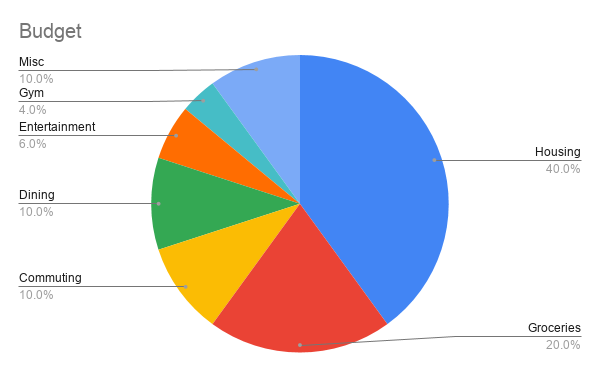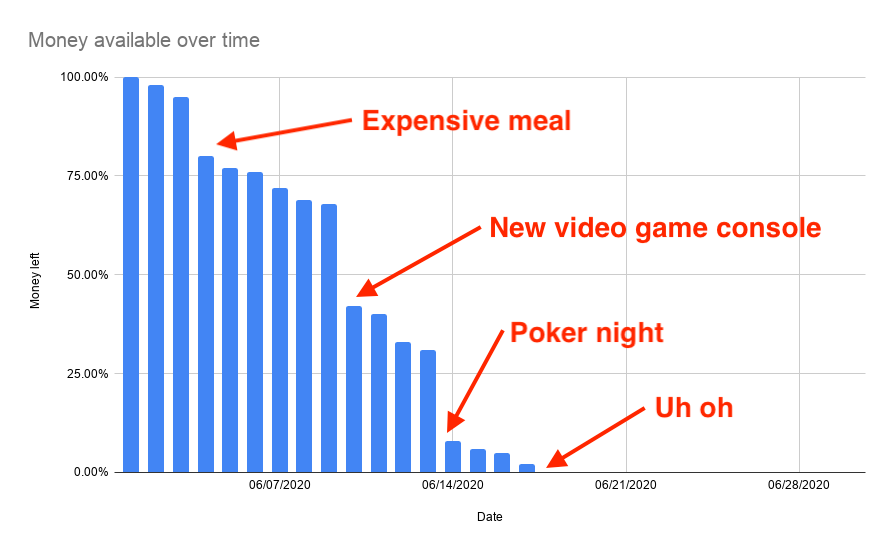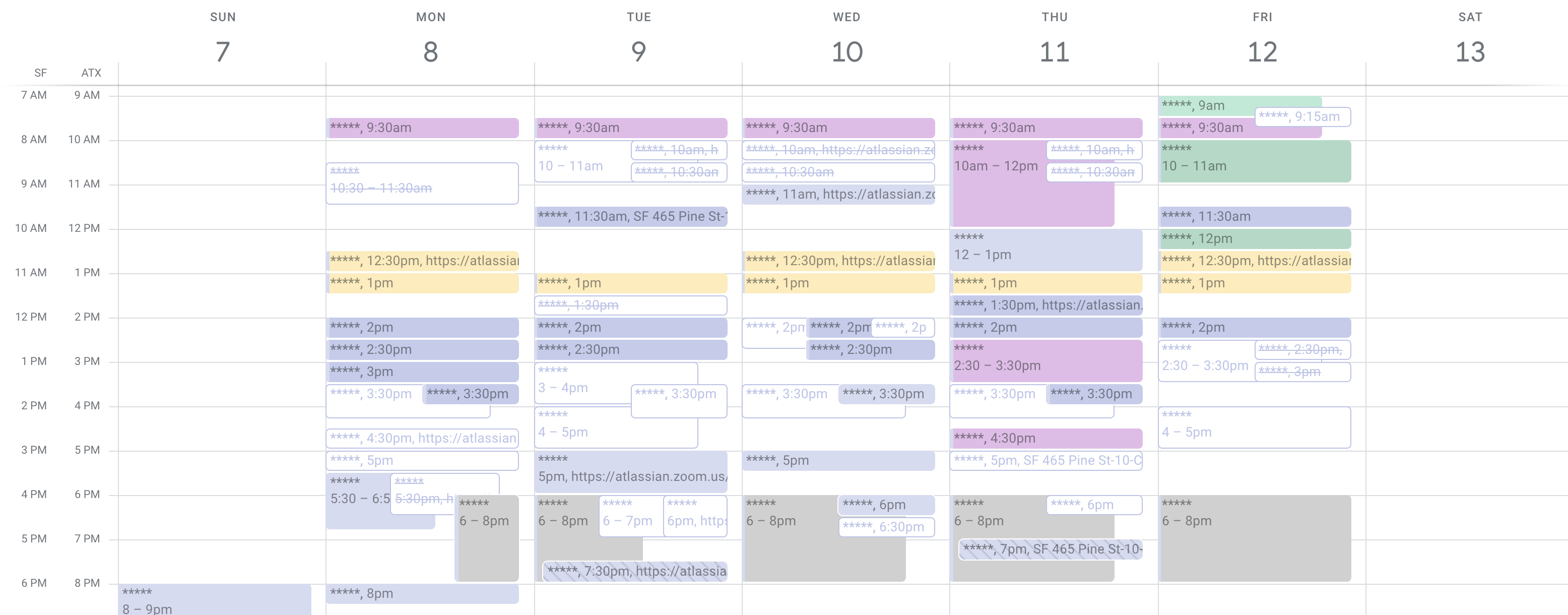June 27, 2020
Budgets are useful when you have a limited amount of something and discipline is required to use it appropriately given your needs and priorities.
For example, if you have a limited amount of monthly income (i.e. you are a normal person), a typical monthly budget would allocate a certain amount to your housing expenses, another amount to food, perhaps some more necessities (e.g. medicine, commuting to work), and then the remainder would be divided according to your preferences. One person might have a budget for dining out, another for travel, another for classes, etc.

Enforcing a budget requires categorizing every expense, which represents some administrative overhead. For sufficiently small expenses, the cost of this overhead could actually exceed the expense itself. As an optimization to reduce this overhead, a common practice among businesses is to budget some small amount of petty cash that can be used at individuals' discretion for any purpose. This is literally cash that sits in a drawer or box that anyone can withdraw from to pay for office supplies or other miscellaneous things.
What's great about petty cash is that you don't need to fill out any paperwork or get approval from a supervisor to spend it.
What would happen if your entire budget were petty cash?
Imagine that at the start of every month, you withdrew all of your last month's income as cash and put it in a drawer. Rather than set aside any specific amount of that cash for any specific purpose, you simply withdrew from the drawer whenever you wanted, for any reason. If you felt like treating yourself to coffee and a donut one morning, you'd take some cash from the drawer. If you felt like going out for a drink with your friends, you'd take some cash from the drawer. If you felt like heading to Best Buy and purchasing a new TV, you'd take some cash from the drawer.
What could go wrong in this scenario? Hopefully it's obvious: by treating all of your money as petty cash, you could very easily run out of money without having covered your necessities. You might find that your rent is due and you can't pay it. Or you might realize that your refrigerator is empty and you have no money to buy more food.

There's another limited resource that we all need to budget for: our time. And unlike money, there are very few ways to create more of it. This makes the need for a thoughtful budget all the more important, because there are things that we need that require our time, and without ensuring we make time for those things, we neglect those needs.
Any organization that employs knowledge workers, such as a technology company, needs for those workers to be able to focus in order to complete their tasks. That context switching directly leads to lost productivity is, by now, well-researched and documented. And yet far too often, we treat our time like petty cash: the drawer is filled at the start of the day, week, or month, and anyone is free to withdraw for any reason.
I am certainly guilty of not budgeting my time as well as I should, and the result is clear. This is what my calendar looks like on a typical week.

Without a doubt, some of this is on me for not being more protective of my time. But I can't help but wonder if this is not something that should be addressed at an organizational level as well. Any company that needs its workers to focus would be wise to define a budget for their time and provide some structure to ensure it is protected. The alternative is that every individual at the company needs to come up with their own system (which can cause friction, e.g. when the prevailing culture is pro-meeting and you're therefore seen as difficult for declining an invite in order to guard your time).
Whenever someone on my team incurs a business expense (e.g. for a trip, or more recently for work-from-home supplies), they submit a report for my approval. I have to approve it, then someone from the finance team reviews it, ensuring the team isn't exceeding whatever budget the expense falls under; and then eventually the team member is reimbursed by the company i.e. the money is actually spent.
On the other hand, whenever someone wants to schedule a meeting, they just put it on the calendar and invite as many participants as they want. No one has to approve this expense. No one is making sure that we aren't eating into our focus time budget. In essence, our time is in a big petty cash drawer.
I suspect there's a better way, but it can get tricky when you collaborate with teammates in multiple time zones across the world, not to mention that for any organization that has operated in time-as-petty-cash mode for any significant amount of time, their employees' calendars are likely by now a chaotic mess of puzzle pieces that don't fit together.
Regardless, I know I'm onto something, because just about every conversation I've had with colleagues on this subject has involved spirited head-nodding and often ended in "I would love it if we could do something about that." So the next step for me is to come up with a plan for how an organization that has this problem can start putting budgets in place and restoring focus time for its workers. Perhaps a modest plan, perhaps a plan that tackles the problem incrementally over a period of months, but a plan nonetheless.
I'll let you know how it goes.
